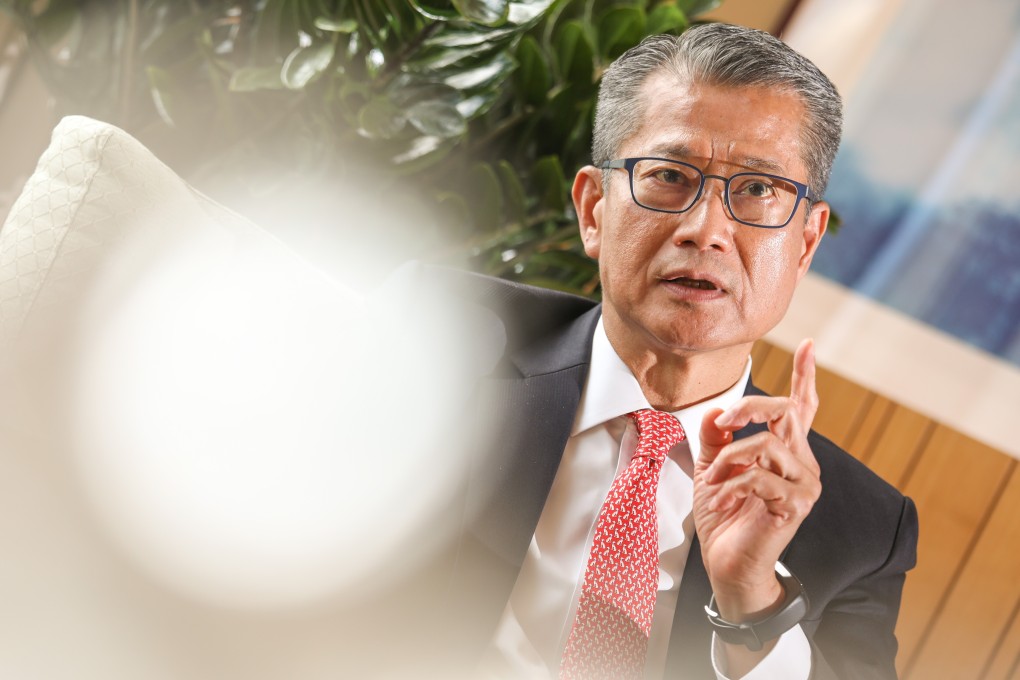Advertisement
China backs Hong Kong to join RCEP trade deal in potential boost to city’s flagging logistics sector
- China’s commerce ministry says Beijing ‘will actively support Hong Kong’s early accession’ to the Regional Comprehensive Economic Partnership (RCEP)
- The 15-nation pact could boost Hong Kong’s trading and logistics sector, which has seen its share of gross domestic product steadily decline, analysts say
Reading Time:3 minutes
Why you can trust SCMP
1

China’s central government has expressed strong support for Hong Kong joining the Regional Comprehensive Economic Partnership (RCEP), after its financial secretary said the city intended to become a member of the 15-nation trade bloc in what could be a boost to its flagging logistics sector.
The China-backed RCEP was signed in November and includes the 10 members of the Association of Southeast Asian Nations (Asean) plus China, Japan, South Korea, Australia and New Zealand. By eliminating tariffs on 91 per cent of goods, the RCEP will create a free-trade zone covering nearly one-third of the world’s economy, trade and population.
At a weekly press briefing on Thursday, commerce ministry spokesman Gao Feng said Beijing “will actively support Hong Kong’s early accession to the RCEP”.
Advertisement
RCEP excludes the United States and is widely viewed as a way for Beijing to extend its economic sway in the region. Support for the pact gained momentum in 2017, after then-US president Donald Trump withdrew the US from the rival the Trans-Pacific Partnership (TPP), the predecessor to the Comprehensive and Progressive Agreement for Trans-Pacific Partnership (CPTPP), a trade bloc of 11 countries that went into effect in 2018.
Advertisement
Japan became the fourth country to ratify the deal on Friday, after China, Thailand and Singapore.
Advertisement
Select Voice
Select Speed
1.00x